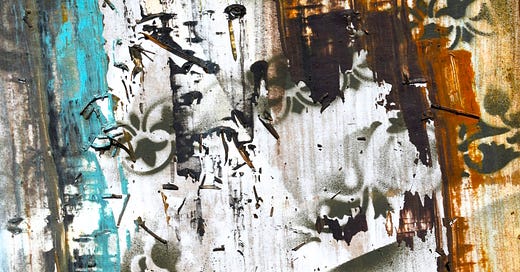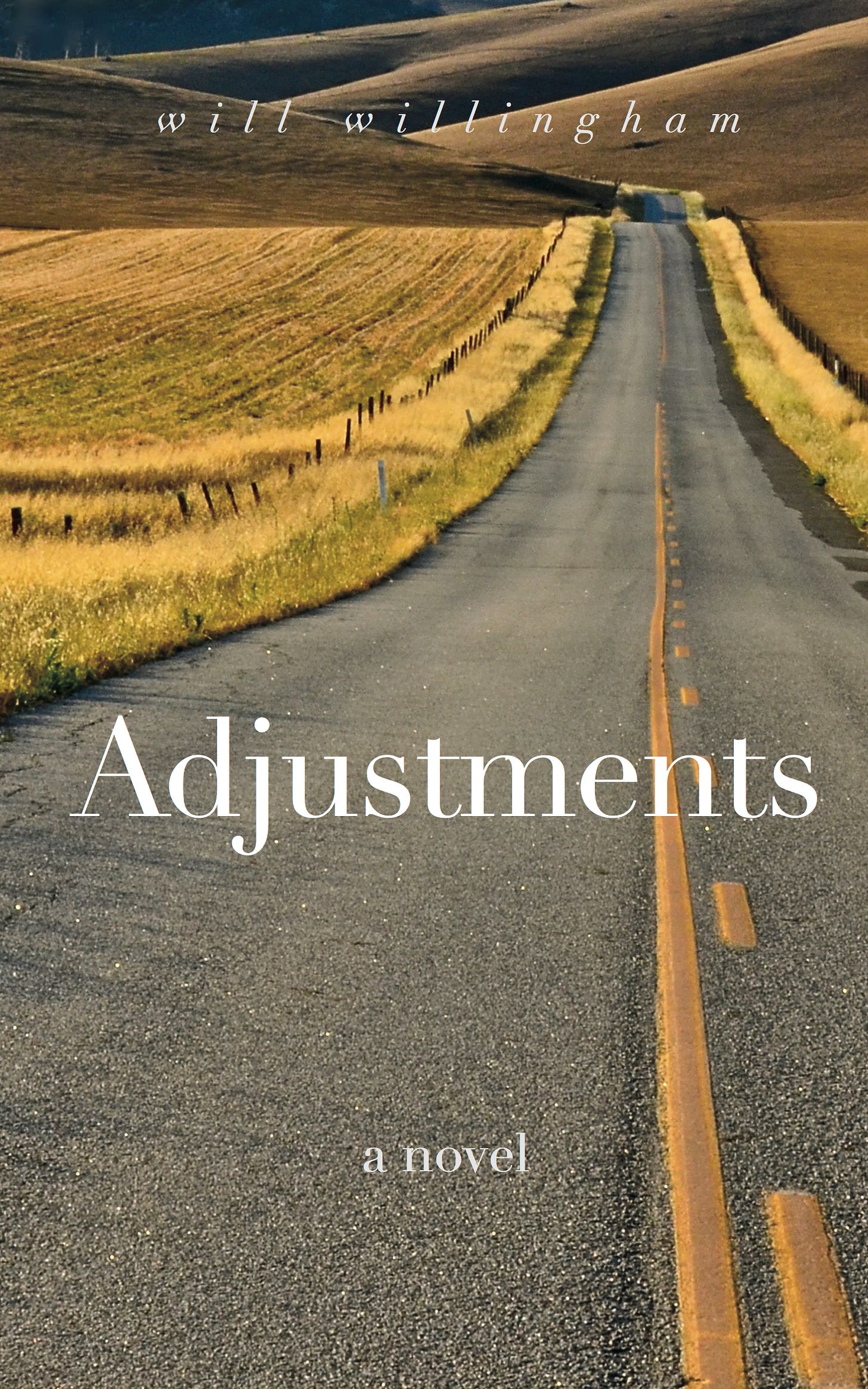We’re sharing a book club that was once hosted by now-author Will Willingham.
A few things have changed in Will’s life since he first led us in
reading Ordinary Genius. But poetry is not one of them…
The other day I stumbled onto an old Google Talk conversation with a friend, from about a year ago. The conversation went something like this:
Friend: I lurked at the Tweetspeak Twitter party last night.
Me: I can’t do the Tweetspeak. Too confusing.
Friend: I was lost. I’m too literal.
Me: L.L. tagged me on Facebook to come but I was busy that night. Lucky me. [smiley face] Poetry is nonsense. And cryptic.
Had anyone suggested that within months I would not only begin to write that cryptic nonsense we call poetry—in the privacy of my dark basement office, but also out in the light of day—posting poetry on my blog, incorporating poetry into my work as a claims adjuster, and even contributing to a poetry site, we both would have laughed all the way into the next week.
No one would dare suggest I would have a growing collection of volumes overflowing with such cryptic nonsense by the likes of Pablo Neruda, Dylan Thomas, Adrienne Rich, Leonard Cohen and even our own Twitter poetry party host L.L. Barkat on my desk.
That would be its own kind of nonsense.
But it’s true. Here I am—proof that it could happen.
It just takes starting, and sometimes, a light nudge from someone who knows a little better than you.
We’re spending the next four weeks with Kim Addonizio and her book, Ordinary Genius: A Guide for the Poet Within. Addonizio tell us that it’s okay to “dare to be a beginner—unsure and clumsy at first, but having a good time and doing your best to learn.” She tells the story of taking trapeze lessons and, despite the dread of climbing a tiny ladder into the sky and falling face-first into the net, discovering she loved the flight.
Once I was there, my mind was completely focused. There was too much energy running through me, too much concentration on whatever trick I was learning, to allow anything else into my head. It was complete presence, and that is addicting. Trapeze was beautiful for its own sake, whether or not I ever performed for anyone besides my instructor and other students. It was skill and grace and daring, and it was thrilling.
With as little as half an hour a day, a notebook, and some poems for “company and inspiration, ” Addonizio promises we could begin to do this thing.
One way she suggests is to begin with a short sentence (a whole poem can feel like too much sometimes) which may even contain “all the qualities of a poem—a quick, perfectly executed brushstroke that surprises and delights, that’s full of mystery and meaning, and set to a rhythm that sings.” This form, invented by poet Allen Ginsberg and featured at AmericanSentences.com, is a single sentence of seventeen syllables.
I played around with American Sentences while shivering in the bleachers during a crisp fall night of Friday night football:
The leaves turned their jackets inside out, unzipping in the autumn wind.
It’s hard to score when the ball wants the arms of the wrong colored jersey.
How can two people stand so close yet not hear a word the other says?
Eating ice cream is not the best way to work down a blistering chill.
Addonizio provides several prompts to start a poem—using a first or last line from another poem, “falling in love” with the first object you see, writing from a memory or writing to the future. I played with the prompt, “Start from Language, ” taking six nouns, five verbs and three adjectives from another poem and adding other words as needed to create a new poem. (I was also supposed to match the rhythm of the original poem, but I neglected to read all the directions first.)
Here’s the result, drawn from A Thousand Acres of Light by Maurya Simon, which was featured earlier this year in Every Day Poems:
In the heavy silences of night
the glittering calligraphies unravel
under the weather.
Like wanderers who walk
and walk and walk
they neither spell
nor unspell,
keep company
with the silky ache
they are pressed
to lose.
Now it’s your turn. Try one of the prompts noted above. Perhaps you’d share your poem(s) in the comment box. If you post at your own blog, please include the link in the comments as well as we can share with you.
Adjustments: A Novel by Will Willingham
Photo by Ms. Uppy, Creative Commons, via Unsplash. Post by Will Willingham.







